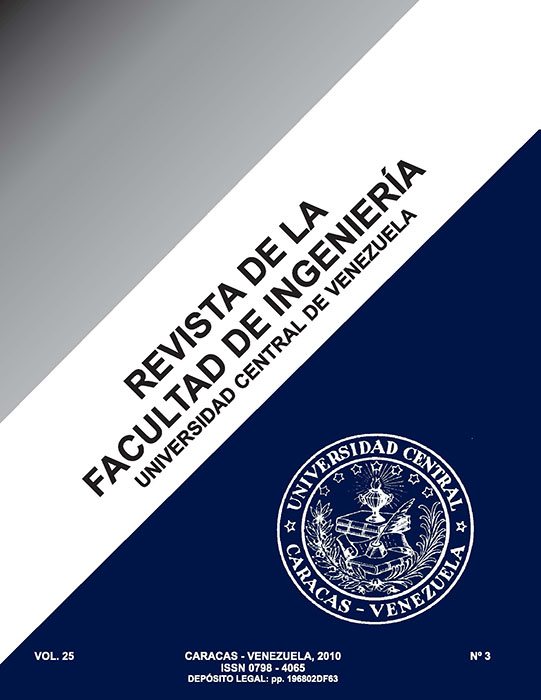INGENIERÍA ELÉCTRICA: HACIA UNA PROPUESTA DE CURRÍCULO POR COMPETENCIAS / Electrical Engineering: Toward a Proposal for a Curriculum Design to Develop Competences
Palabras clave:
Currículo integral, Competencias específicas, Diseño por competencias, Ingeniería eléctrica, Perfil del ingeniero electricista.Resumen
La Escuela de Ingeniería Eléctrica de la Universidad del Zulia (LUZ) está realizando una investigación holística de tipo proyectiva para dar respuesta a las demandas sociales actuales a través de su currículo. Su diseño es contemporáneo transeccional; el evento de estudio es el currículo integral expresado en competencias y las sinergias son las competencias generales, básicas y específicas. Se propone llegar al estadio proyectivo, transitando el exploratorio, descriptivo, analítico y comparativo. Se reportan los resultados obtenidos en los tres primeros estadios, en términos de competencias específicas. Los resultados muestran que el plan de formación contempla el desarrollo de cuatro competencias específicas: Matemática y Electromagnetismo; Electrónica y Control; Potencia y Telecomunicaciones, con sus correspondientes indicadores de logro expresados en las dimensiones cognitiva, procedimental y actitudinal. Este plan reduce la formación teórica profesional y fortalece el área de prácticas profesionales, distribuyéndolas a lo largo de toda la carrera. Además, fortalece la formación complementaria y mantiene un mejor balance entre la básica y profesional. Se concluye que esta propuesta es innovadora porque responde a las demandas del sector laboral y social, está articulada conforme a la normativa actual y enfatiza el saber hacer.
ABSTRACT
The school of Electrical Engineering at LUZ is carrying out a holistic investigation of the projective type to respond to current demands of society through its curriculum. It is a transectional contemporaneous design; the case under study is an integral curriculum expressed in competences and the synergies are general, basic and specific competences. Its purpose is to reach a projective stage, passing through exploratory, descriptive, analytical and comparative stages. This paper reports the results obtained in the first three stages of the investigation in terms of specific competences. Results show that the training plan contemplates the development of four specific competences: Mathematics and Electromagnetism, Electronics and Control, Power and Telecommunications, as well as their corresponding achievement indicators expressed according to cognitive, procedural and attitudinal dimensions. The proposed plan reduces theoretical professional training and strengthens professional practice, distributing it along the course. Furthermore, it strengthens complementary training and maintains a better balance in basic and professional training. It is concluded that this proposal is innovative because it responds to demands from labor and social environments and is based on current regulations.
Keywords: Integral curriculum, Specific Competencies, Curriculum design to develop competencies, Electrical Engineering, Electrical engineer profile.





